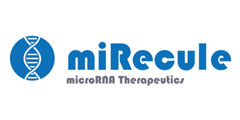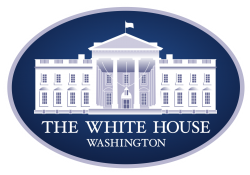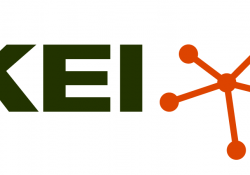4 APRIL 2017
FOR IMMEDIATE RELEASE
CONTACT: Zack Struver, zack.struver@keionline.org or +1 (202) 332-2670
In a letter sent today, Representative Lloyd Doggett, D-Texas, and 50 other democratic members of Congress requested that President Donald J. Trump issue guidance for the use of Bayh-Dole Act march-in rights in order to protect taxpayer’s rights in federally-funded patented inventions.
The following statement should be attributed to James Love, Director of Knowledge Ecology International (KEI):
“The letter from members of Congress on the need to protect taxpayer’s rights in the inventions they fund is important, timely, and directly related to the challenge of providing affordable health care to everyone. Federally-funded inventions are now routinely placed on the market at extremely high prices. Astellas charges more than $350 per day for the prostate cancer drug Xtandi, and BioGen is charging $1.125 million for the first two years of Spinraza, which is used to treat spinal muscular atrophy in mostly young children. The notion that the federal government will not engage on the pricing of these products runs counter to the explicit provisions in the Bayh-Dole Act that require inventions be made ‘available to the public on reasonable terms.’ The President can curb high prices for these drugs without new legislation, and without putting patients at risk.”
KEI filed the most recent march-in request with the federal government on the prostate cancer drug Xtandi.
The letter is available as a PDF here and below in plain text.
Representative Doggett’s office issued the following press release: https://doggett.house.gov/media-center/press-releases/congressional-democrats-trump-we-re-calling-your-hand-lower-prescription
Continue Reading →







 On Friday May 8, 2015, the US Department of Health and Human Services held a listening session to solicit input on the agenda items for the upcoming 68th World Health Assembly. KEI delivered five interventions covering a range of critical WHA topics. The full provisional agenda of the 68th WHA can be accessed
On Friday May 8, 2015, the US Department of Health and Human Services held a listening session to solicit input on the agenda items for the upcoming 68th World Health Assembly. KEI delivered five interventions covering a range of critical WHA topics. The full provisional agenda of the 68th WHA can be accessed